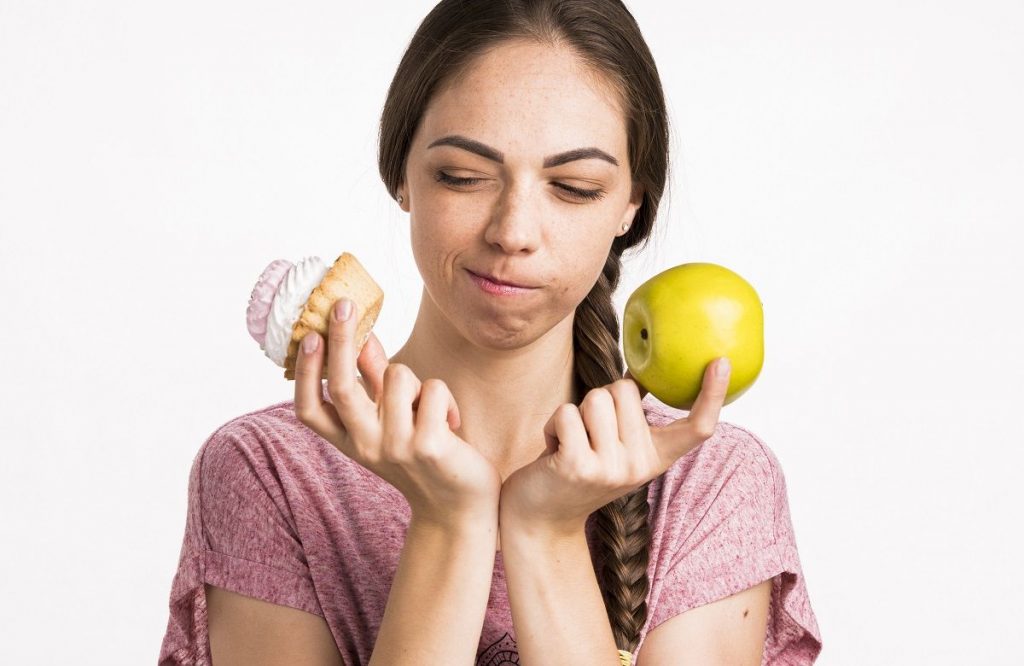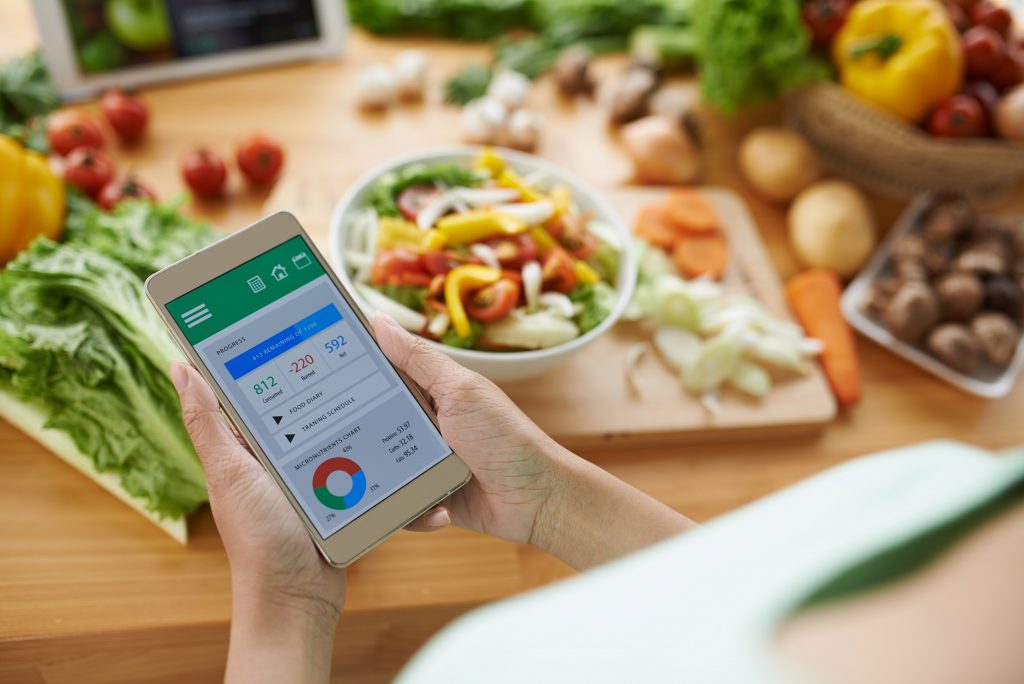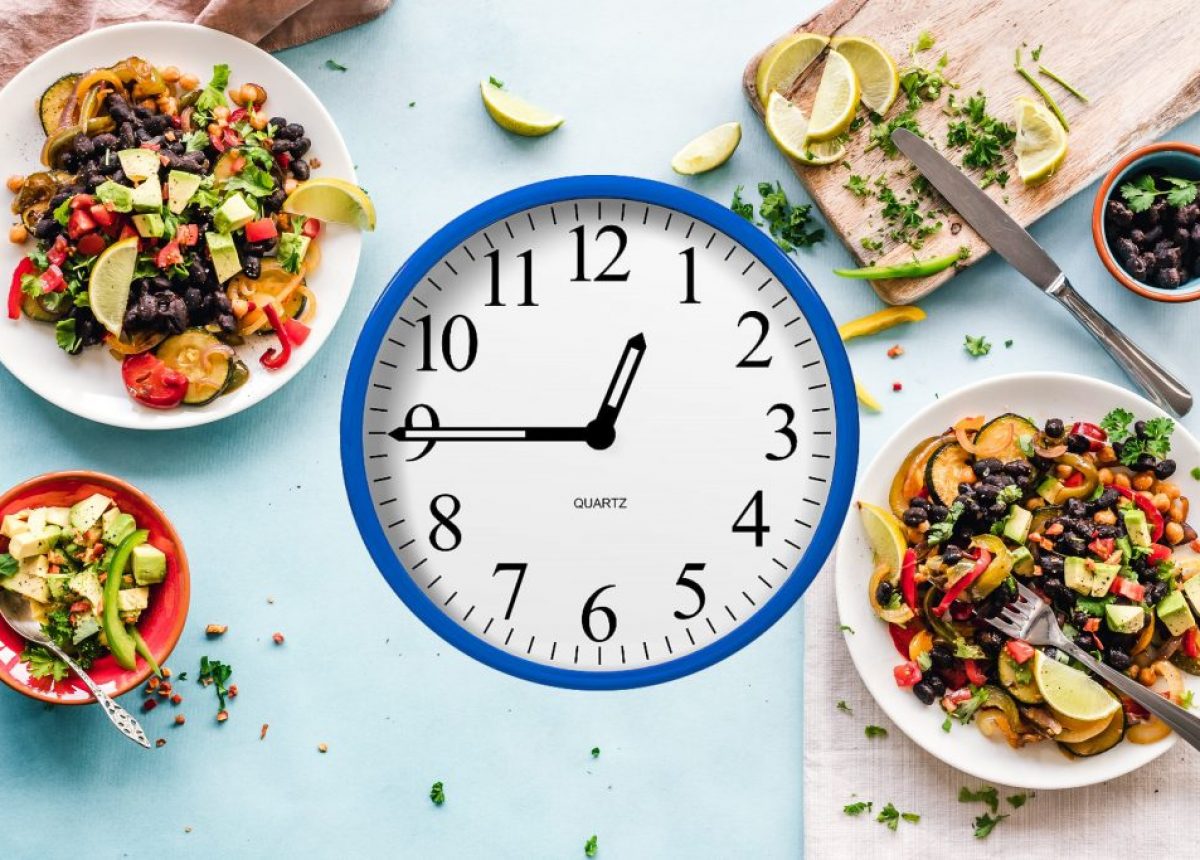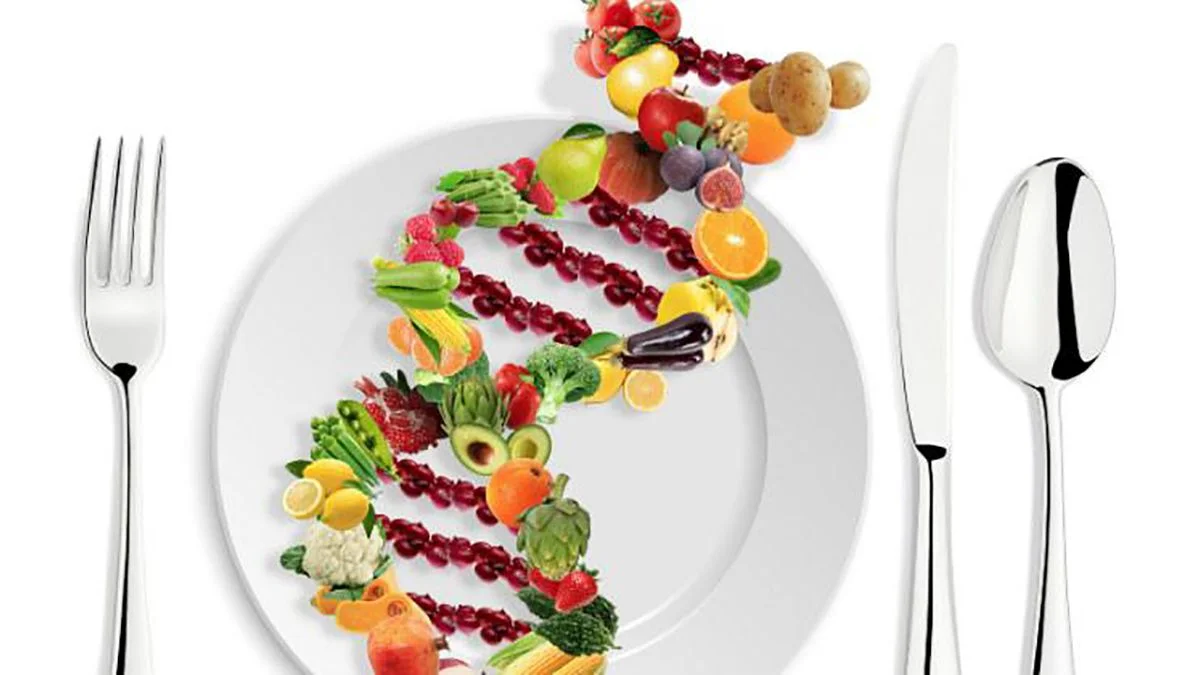Count macros/calories
Author:
Julio Valero
Published on:
12/8/2018

There are many people who do not agree with counting macros/calories, they call it obsession.
I think it depends on the point of view (although that is not the point of this article).
You can achieve physical and health changes without counting macros/calories, using some strategies. The problem for some is that this has a breaking point, where despite applying any strategy you do not continue to advance.
By the time this happens, you will be able to see for yourself that there is nothing magical about any food or strategy. If there were, you would still get results, don't you think?
What you need to know is that behind any strategy that works for you, energy balance is implicit by default, even if you don't even know what it is.
This would be one of the many problems that can arise when you don't have something planned and your desire for evolution is ambitious.
Another problem that arises from the above is that you can generate a metabolic adaptation if you are too drastic with the strategy you apply.
Metabolic adaptation is a process where your body becomes efficient with the expenditure it has, spending less and storing more, precisely to keep many processes running (survival).
On the other hand, a plan that restricts you to foods you don't particularly enjoy or actively dislike, while denying you the foods you love, is likely to lead to non-adherence. This can result in giving up on the plan altogether, binge eating the restricted foods, or cycling between restriction and overeating. Ultimately, this creates a harmful relationship with food that can worsen over time.
Now, weighing and recording food on an app is probably not sustainable for many people either, for whatever reason, and that's valid too.
So what to do?
Unfortunately, no one, whoever they are, can tell you the solution, because only you can discover the solution.
Understand that there is something you need to do, and that something needs to be sustainable, and for it to be sustainable you need to like it/interest it or at least not involve discomfort.

This is where I'll be honest with you, since I have applied EVERY single technique out there, I'll give you easy positions that, once you know them, you'll know what you want to do.
Option 1: Don't weigh or record food, regardless of the approach.
You'll simply follow a few guidelines, some complex and some not so much.
They won't have much way of being manipulated over time, since there is no unit of measurement, and if there is, it's unreliable.
You'll have to be prepared that the results may be faster but not as sustainable or as large as you'd like, and they'll probably have a very near-term ceiling. So you'll have to accept what you achieve and also accept that you can't achieve much more.
You will also need to be prepared to accept that you are consciously or unconsciously at risk for metabolic damage, and that if you ever decide to take control, the time to overcome said damage may be quite long, depending on the aggressiveness of the damage and the duration of it.
You should be aware that many of these plans eliminate the vast majority of tasty foods, because they represent a risk to your goal, and you will only mistakenly have in your head that "they are bad."
All of this may also prevent you from performing and progressing in your workouts (if you do them), since the vast majority of these plans attack with a low energy intake, which is why they are so fast and short-term. This will not allow you to progress in your workouts, and therefore also in how your body looks at a muscular level.
You should also be aware that unless you love the way you choose to eat, you will eventually go back to the way you do like, and you will probably regress and be even worse off than you were, in 3 times the time it took you to achieve this.
I could write and write endlessly about the things you can stick to, because remember that I have lived through them all, and not only that, I have dealt with many people who have lived through the same thing. So take these as the small tip of the iceberg.
But hey, at the end of the day you are not imprisoned in the terrifying world of weighing food and using an app (irony here).
Finally, yes, there are people who follow this type of approach and achieve great results, and even incredible physiques, but unfortunately they are a large minority who by chance, when doing what they did, happened to do it well, I repeat, by chance, that is why many of them fail when they direct others, since chance does not apply to everyone.
Option 2: Control and manipulate your intake appropriately in macros and calories, weighing and recording your food in a mobile application, and also keeping a record of your periods in measurable and manipulable numbers.

Don't worry, not everything is rosy and I'm not going to present it as a fairy tale, I'll be as honest as possible, even as if attacking this approach was the purpose.
You will have to be aware that you will have to read a lot, a lot to get rid of all the myths that you believed and that today you have as absolute truths.
You will have to be aware that to learn how to do it correctly you will probably need time, maybe a lot of time if you don't apply yourself at first, and if you don't like applying yourself, it will probably be a headache.
You will have to weigh the food you eat, and if you want to do it accurately you will have to weigh mostly raw foods, which means you have to cook them yourself, or at least have the person who cooks tell you the weights.
When you are starting out you should set aside at least 5 minutes of your time before each meal to plan the quantities of each food you are going to eat in your app, or you can schedule all your meals the night before in your app.
There will be many foods that you will not know how to add because they will be complex preparations (unless you have mentoring from someone who shows you how), and you will then have to focus on thoroughly researching how to add them so you know how to do it for the next opportunity.
Other people will not see you in a good light, and they will try to ingratiate themselves with you by making jokes about what you do, and if you don't have a clear idea of what you do and why you do it, this can start to make you uncomfortable.
Those who practice another type of approach will probably make fun of you and tell you, that's no good, you have to eat well and that's it... and if this person looks good, it will make you doubt a lot.
There will be many times when weighing food will be complex, such as social gatherings with many people, weddings, etc… and you will have to rely on your experience weighing food on previous occasions.
I may have missed a few more but basically they would be those, you will need time and dedication, as well as personality in some cases.
But after all, you will have measurable numbers that you can manipulate over time depending on your goal, and you will also be sure of the optimal amount of macronutrients.
And above all, you will not be attacking your metabolism, nor depriving yourself of food.
With all this, and knowing what each option implies, you will be able to determine which option you are willing to apply.
A big hug, JulioValeroV
If you would like to receive my mentoring, please follow the link below.
Comparte en redes sociales
Recent posts

A bad night's sleep: a reason to stay up even longer?

Creatine Effectiveness: What Does Science Say About Its Benefits?

Does meal timing help you lose fat?

Is your triceps press building muscle or holding you back?

Nutrition tailored to you: based on your genetic profile.

Carbohydrates: the key to an explosive workout.